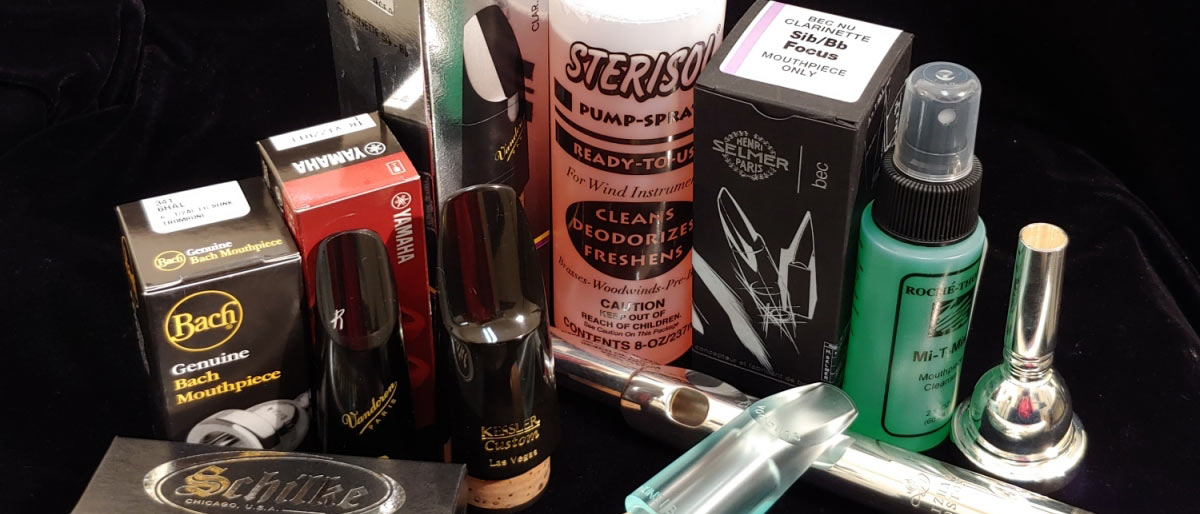- be_ixf; php_sdk; php_sdk_1.4.18
- 34 ms
- iy_2025; im_07; id_13; ih_02; imh_16; i_epoch:1.75239818199E+12
- ixf-compiler; ixf-compiler_1.0.0.0
- py_2025; pm_06; pd_10; ph_02; pmh_49; p_epoch:1.749548981E+12
- link-block; link-block_link-block; bodystr
- pn_tstr:Tue Jun 10 02:49:40 PST 2025; pn_epoch:1.749548981E+12
- 0 ms
- be_ixf; php_sdk; php_sdk_1.4.18
- https://sou.edu/academics/music/health-safety/
- https://sou.edu/academics/music/health-safety/

SOU Music Programs – Health & Safety
The SOU Department of Music is required by the National Association of Schools of Music to inform students, faculty and staff of the health and safety issues, hazards, and procedures inherent in music practice, performance, teaching, and listening both in general and as applicable to their specific specializations. This includes but is not limited to basic information regarding the maintenance of hearing, vocal, and musculoskeletal health and injury prevention. This also includes instruction on the use, proper handling, and operation of potentially dangerous materials, equipment, and technology as applicable to specific program offerings or experiences.
The Music Department has developed policies and procedures to guard against injury and illness in the study and practice of music, as well as to raise the awareness among our students, faculty and staff of the connections between musicians’ health, the suitability and safety of equipment and technology, and the acoustic and other health-related conditions in the university’s practice, rehearsal, and performance facilities.
It is important to note that the primary factor in your health and safety is you and depends largely on your personal decisions. You are personally responsible for avoiding risk and preventing injuries to yourself before, during, and after study in the Music Department at Southern Oregon University. The policies and procedures developed by the University do not alter or cancel any individual’s personal responsibility, or in any way shift personal responsibility for the results of any individual’s personal decisions or actions in any instance or over time to the university.
Performance Health
Anyone who practices, rehearses, or performs instrumental or vocal music has the potential to suffer injury related to the activity. Students are encouraged to supplement information obtained in their lessons, master classes, and guest lectures regarding musicians’ health and safety issues by utilizing some of the resources listed on this website.
Instrumental musicians are at risk for repetitive motion injuries or physical problems related to playing their instruments; and if they are also computer users, their risks are compounded. Instrumental injuries may include carpal tunnel syndrome, tendinitis, and bursitis.
Likewise, the demands placed on singers’ voices are vast. Singers can be forced to cancel a recital or tour, take a break, or undergo a medical procedure due to problems with their voice. Vocalists can suffer from vocal fatigue, anxiety, throat tension, and pain. Musicians use their bodies in specific and highly trained ways, and injuries can occur that can have lasting impact on performance ability. Performers need to be aware of vocal and musculoskeletal health issues that can affect them. Musicians at all levels of achievement can suffer from repetitive stress injuries, neuromuscular conditions or dystonia, and psychological issues including severe performance anxiety.
Incorrect posture, non-ergonomic technique, excessive force, overuse, stress, and insufficient rest contribute to chronic injuries that can cause pain, disability, and the end of a musician’s career. Additional factors such as nutrition, smoking, drug use, noisy environments, and proper training (or the lack of it) all play a role in a musician’s ability to perform at their best.
Student Resources at SOU
- SOU Student Handbook
- SOU Student Health and Wellness Center (SHWC)
- SOU Mental Health Counseling
- SOU Campus Support Groups and Peer Resources
- SOU Wellness Programs
- SOU Virtual Wellness Resources
- SOU Campus Recreation Center
- SOU Virtual Wellness Resources
- SOU Campus Lactation Rooms
- SOU Restrooms with Baby Changing Stations
- SOU Student Food Pantry
Musculoskeletal and Vocal Health and Injury
Books
- Conable, B. What Every Musician Needs to Know About the Body, (GIA Publications, 2000)
- Dawson, W. J. Fit as a Fiddle: The Musician’s Guide to Playing Healthy, Rowman and Littlefield/MENC, 2008.
- Horvath, J. Playing (Less) Hurt
- Klickstein, G. The Musician’s Way: A Guide to Practice, Performance, and Wellness (Oxford, 2009); https://www.musiciansway.com
- Norris, R. N. The Musician’s Survival Manual (International Conference of Symphony and Opera Musicians, 1993).
- Watson, A. The Biology of Musical Performance and Performance Related Injury, Scarecrow Press, 2009.
General Acoustics Information
- Acoustics.com
- Acoustical Society of America
- Athletes and the Arts
- Dangerous Decibels
- Health and Safety Standards Organizations American National Standards Institute (ANSI)
- National Hearing Conservation Association
- The National Institute for Occupational Safety and Health (NIOSH)
- National Institute on Deafness and Other Communication Disorders – Noise-Induced Hearing Loss
- Occupational Safety and Health Administration (OSHA)
- Vic Firth Hearing Protection
Protecting Your Hearing Health
Psychological Health
Students with Families
Southern Oregon University has developed a website to provide nursing mothers with resources to support their breastfeeding needs. The site provides informational resources on breastfeeding as well as clean, comfortable, and private-designated spaces on the SOU campus. Sites include the Stevenson Union, Churchill Hall, Central Hall, and the Hannon Library. SOU also provides gender neutral restrooms with Baby Changing Stations in the Stevenson Union.
Acoustic Conditions in Practice, Rehearsal and Performance Facilities
Although Southern Oregon University’s practice, rehearsal, and performance facilities meet OSHA Noise Standards, students must be mindful of exposure to excessive noise levels for extended periods of time. OSHA guidelines define excessive noise levels as 90 decibels or higher for more than 8 hours. For more information, please click here for a decibel comparison chart. Please see below for decibel levels specific to musical performance and listening: click here
Equipment and Technology Safety
Students working as stage managers in our concert halls complete a training session on how to safely move the grand pianos on stage. Students working as audio/recording technicians complete a training session on how to safely use the sound system and recording equipment, and how to safely lift and carry stage monitors.
Achieve Your Degree in Music at SOU
Contact the Music Program
SOU Music Program
1250 Siskiyou Blvd.
Ashland, OR 97520
541.552.6101
– Questions About Music? –
